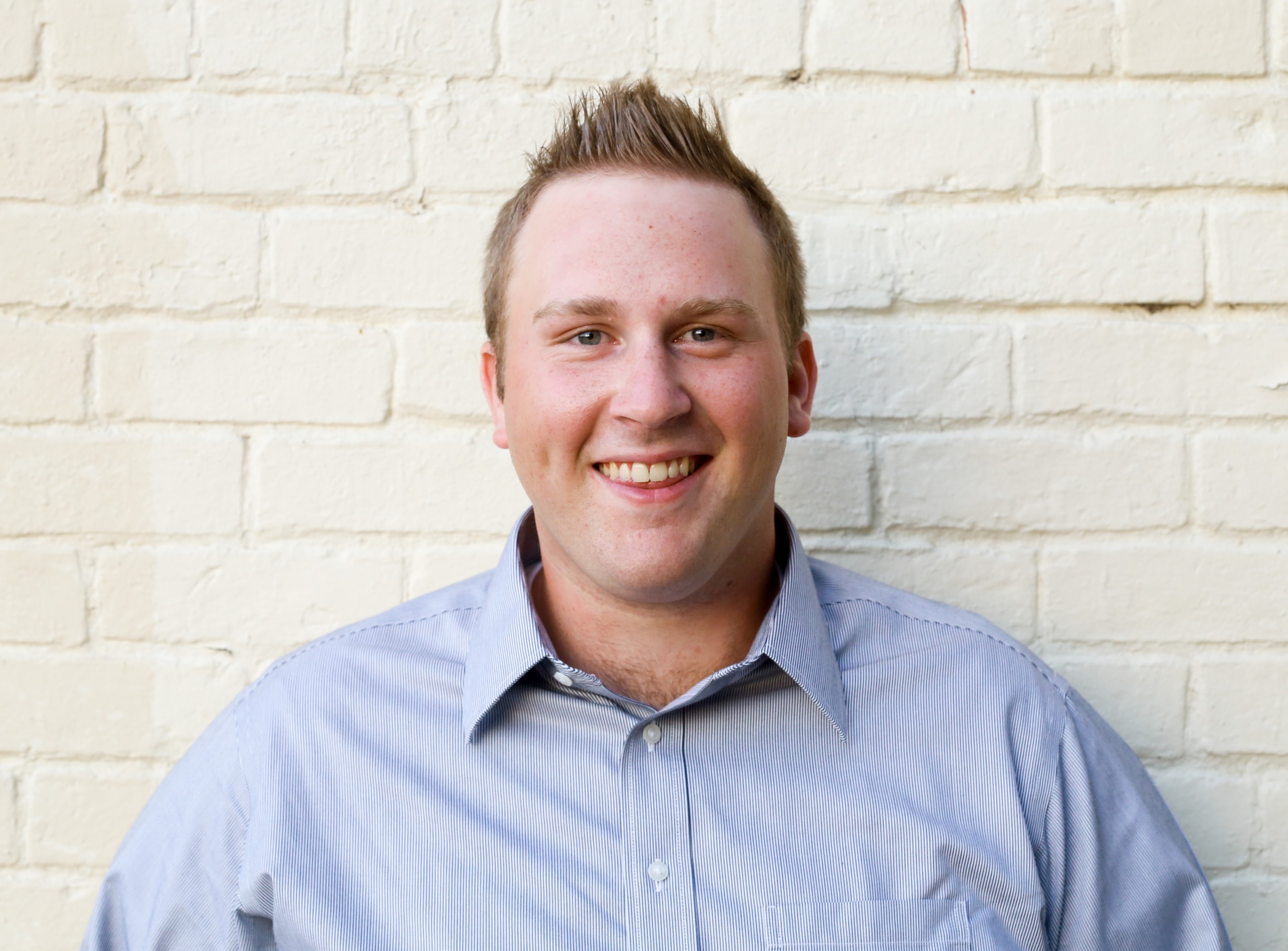“He might still be here”

By Stephanie Dawson Pack, MEd, PR/Marketing Assistant, University of Utah College of Social Work
Garrett remembers the overwhelming sense of confusion that engulfed his family when his brother took his life. “I understand what it’s like to be on the outside looking in, seeing someone you care about going through this.”
Years later, Garrett learned that his brother had struggled with mental health issues. “My brother was using substances to self-medicate.” Garrett explained substance abuse is a common coping technique for those that have mental illness—in a situation that feels unstable, using gives someone a sense of control in their life. “So many people don’t understand that this is a disease,” said Garrett. “This is something that can be addressed. What if my brother could have had the treatment he needed? He might still be here.”
These experiences are one of the key reasons Garrett decided to pursue substance use disorder counseling licensure. For as long as he can remember, he has wanted to be a model of change; a resource during some of life’s hardest moments.
 He feels the Substance Use Disorder Treatment Training Certificate (SUDTTC) Program at the University of Utah College of Social Work has prepared him for that in exemplary
fashion. The teachers, the course subjects, and the training are tailor-made to help
practitioners succeed in the field. Garrett explained, “All of the instructors have
firsthand experience as practitioners, some of them even have firsthand experience
as users. This is the most specific and concrete education I’ve had.” The program
gives practical, hands-on training from how to make a treatment plan, to how to conduct
assessments, to specific treatment applications. “These classes are spot-on, completely
customized to what you will actually be doing in your specific job once you’re certified,”
said Garrett, who will graduate from the SUDTTC program this summer. “I’m leaving
the program confident I have the skills I need to work in this field.”
He feels the Substance Use Disorder Treatment Training Certificate (SUDTTC) Program at the University of Utah College of Social Work has prepared him for that in exemplary
fashion. The teachers, the course subjects, and the training are tailor-made to help
practitioners succeed in the field. Garrett explained, “All of the instructors have
firsthand experience as practitioners, some of them even have firsthand experience
as users. This is the most specific and concrete education I’ve had.” The program
gives practical, hands-on training from how to make a treatment plan, to how to conduct
assessments, to specific treatment applications. “These classes are spot-on, completely
customized to what you will actually be doing in your specific job once you’re certified,”
said Garrett, who will graduate from the SUDTTC program this summer. “I’m leaving
the program confident I have the skills I need to work in this field.”
Garrett had nothing but positive things to say about his experience in the SUDTTC Program. “This whole experience has been eye-opening. It’s helped me understand my own stigmas and be more accepting of others. I’ve gained a sense of understanding for my brother I didn’t have before.” Garrett looks forward to the growing movement for professionals to be trained in substance abuse counseling. “I’m surrounded by people that want to make a change in the community. More trained professionals means more people can have the life they desire.”
The views and opinions expressed on the interACTION blog are those of the authors and do not necessarily reflect the official policy or position of the University of Utah or the College of Social Work.
